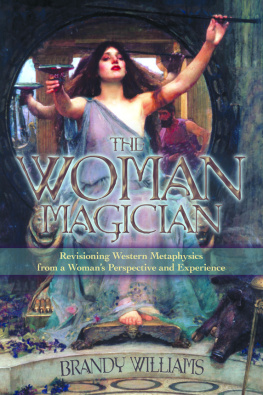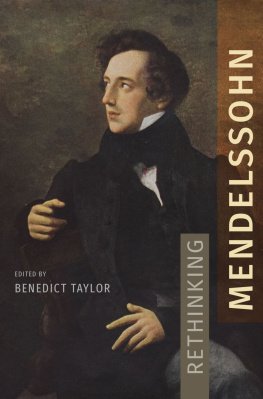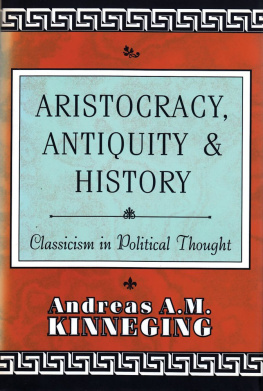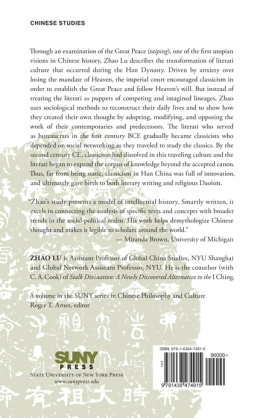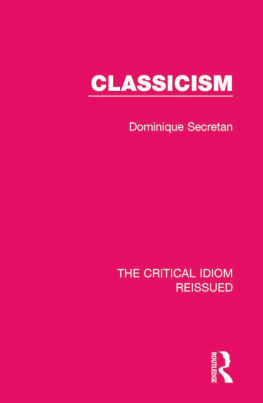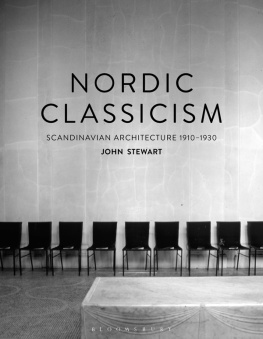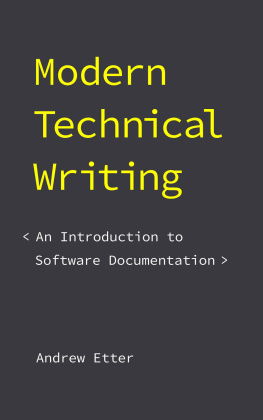First published 2001 by Ashgate Publishing
Reissued 2019 by Routledge
2 Park Square, Milton Park, Abingdon, Oxon, OX14 4RN
52 Vanderbilt Avenue, New York, NY 10017
Routledge is an imprint of the Taylor & Francis Group, an informa business
Copyright Brian K. Etter, 2001
The author has asserted his moral right under the Copyright, Designs and Patents Act, 1988, to be identified as the author of this work.
All rights reserved. No part of this book may be reprinted or reproduced or utilised in any form or by any electronic, mechanical, or other means, now known or hereafter invented, including photocopying and recording, or in any information storage or retrieval system, without permission in writing from the publishers.
Notice:
Product or corporate names may be trademarks or registered trademarks, and are used only for identification and explanation without intent to infringe.
Publisher's Note
The publisher has gone to great lengths to ensure the quality of this reprint but points out that some imperfections in the original copies may be apparent.
Disclaimer
The publisher has made every effort to trace copyright holders and welcomes correspondence from those they have been unable to contact.
A Library of Congress record exists under LC control number:
ISBN 13: 978-1-138-73677-1 (hbk)
ISBN 13: 978-1-315-18576-7 (ebk)
For nearly a century the avant-garde has defined the authority for new composition. This movement, extending from Schoenberg and his pupils to Boulez and Stockhausen, Penderecki and Crumb, and the academic composers influenced by them, dominates the modern conception of musical creativity. Serious music is held to demand new styles, new forms, and new ways of listening and hearing. This involves, specifically, the rejection among composers of the long tradition extending from the Baroque to the late masters of symphonic music, Shostakovich and Prokofiev. Yet the concert and operatic repertoire is largely devoted to the long tradition, represented in canonic works which appear increasingly problematic to critics today, but which audiences continue to love.
The need to accommodate and encourage musical creativity leads, then, to tensions in the concert hall: the works of the avant-garde are juxtaposed against works from the longer tradition, to the frequent discomfiture of audiences and performers alike. This juxtaposition creates a dichotomy of repertoires, but it also implicitly raises aesthetic questions about the nature of the two approaches to music. Yet such questions become muted by the fact that the avant-garde has so largely defined the creative side of contemporary musical culture.
The authority of the avant-garde also has implications for its representation in the historical and critical literature. For in general, critics and music historians have understood the avant-garde's historical importance as determinative for the direction of musical composition for the future. That is, academic observers have usually understood the movement in the same way that it understands itself, so that the musical tensions of the twentieth century become defined by radical innovation and the opposition of tradition. The prevailing belief is that originality is always rejected in its day, but will someday come to be accepted. In this light even normal critical debate appears as illegitimate.
The arguments justifying the avant-garde are various and deserve to be taken seriously: this new music is seen by its proponents as the inevitable continuation of the tonal tradition, or as the necessary rejection of an exhausted tradition, or as a commentary on the evils of the twentieth century which could not be ignored. The arguments, however plausible in spite of apparent contradictions among them, never convince audiences to modify their tastes. But they also fail to suffice for a philosophical understanding of the avant-garde. For since its justification is bound up with its relation to the prior historical tradition, a philosophical understanding of the avant-garde will necessarily have to take its history into account. The questions remain: Whence came the avant-garde into history? What is its relation to modernity? What is its inner, aesthetic logic?
The puzzles posed by the dichotomy of the tradition and the avant-garde have had their origin in the avant-garde's rejection of the tradition from which it claimed both descent and emancipation. But if the new music could be understood only by reference to the tonal tradition of the past, then parallel questions deserve to be asked of that tradition: What did tonality signify? How did it originate? What was its aesthetic logic? The critique of the tradition begun by the avant-garde appears plausible now precisely because the traditional aesthetic is not well understood. The long academic silence with respect to the aesthetic of the tonal tradition has largely continued; the twentieth century's exorcism of its aesthetic logic has left few means of recovering an understanding of the integrity it once possessed. This book, therefore, attempts to understand the dichotomy of concert music by recovering the origins and logic of both the tonal tradition and the modern avant-garde.
In sketching the above account of the core concerns of the book, I speak from within a particular musical culture that of the United States and from the dual perspective of both a scholar and a professional orchestral musician. Yet my experience attending concerts in European halls suggests that American musical life is not atypical among Western nations, and my perspective as a musician gives me first-hand knowledge of repertoire and programming decisions. Thus, to emphasize the essential point: although a purely academic knowledge of the history of music may point to an ever increasing fragmentation of styles and approaches in the twentieth century, the facts of musical life point rather to the continued centrality of the traditional orchestral and operatic repertoires. The tradition is still a vital presence, even if little is now written within its stylistic parameters. The recognition of this fact is a fundamental premise of this enquiry.
A few words need to be said in explanation of the terms and conceptual framework employed in this study. This book is a study in the history and philosophy of ideas about music. Because the determining questions are posed within what has been the prevailing understanding of the history of music, I take the dichotomy of the tonal tradition and the avant-garde as the typology best suited to conceptual clarity. Hence the principal title of the book: I employ the term 'classicism' to refer to what is casually, but not altogether incorrectly, referred to as 'classical music', and I use the term 'modernism' to refer specifically to the avant-garde movement of the twentieth century. This corresponds to the actual dichotomy of concert life that arose during the twentieth century and still remains in place.
Terms such as these are sometimes fraught with ambiguity, and the divergent ways philosophers, historians and art critics use the term 'modern' offers ample opportunity for misunderstanding. 'Modern' in particular may mean, depending on the discipline of inquiry, post-Renaissance, post-French Revolution, or post-Nietzschean; 'post-modern', then, arises as a desperate search for a term to distinguish the third alternative from the first. Fortunately, 'modernism' itself is used with more consistency in the history of the arts than 'modern'; it denotes both a chronology and an approach distinct from what went before. Chronologically, modernism in the arts had its origin at the beginning of the twentieth century; conceptually, its origin and essence remain masked behind the spirit of its revolution against the tradition. For the sake of clarity in this book, I shall seek consistency by taking 'modern' and 'modernism' to be related philosophically as well as chronologically: they shall denote the post-Nietzschean enterprise of the rejection of the inherited intellectual tradition. I shall restrict the use of the neologism 'post-modern' to the contemporary movement in the academy seeking to disestablish the received intellectual tradition from its privileged position. I note, however, that post-modernism in this sense is itself descended from the modernist impulse.




